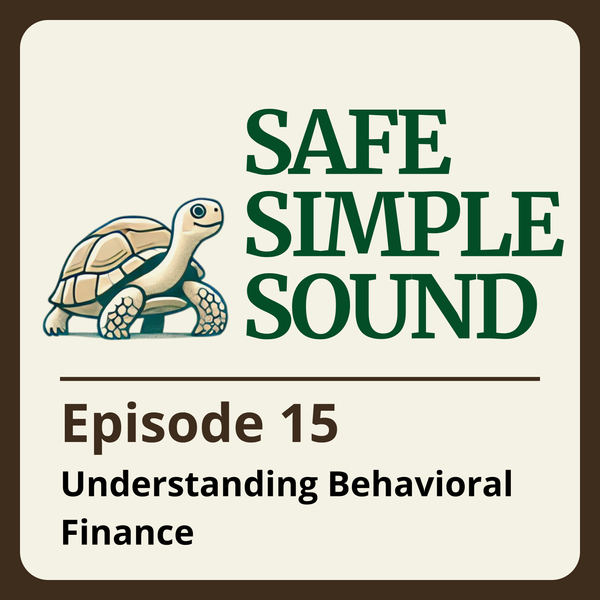Using Bank CDs for Emergency Savings: Pros and Cons
Introduction
Bank Certificates of Deposit (CDs) are a popular choice for storing emergency savings due to their safety and predictable returns. In this article, we will delve into how CDs work and examine their advantages and disadvantages.
Understanding Bank CDs
A Certificate of Deposit (CD) is a savings product offered by banks that provides a fixed interest rate for a specified term. CDs are known for their safety and predictability, making them a common choice for conservative investors.
Advantages of Bank CDs
- Safety and Low Risk: CDs are considered low-risk investments as they are typically insured by the FDIC up to $250,000 per depositor.
- Fixed Interest Rates: CDs offer fixed interest rates, providing predictable returns over the investment term.
Disadvantages of Bank CDs
- Lower Returns: Compared to other investment options, CDs generally offer lower returns, which may not keep pace with inflation.
- Limited Liquidity: CDs have fixed terms, and withdrawing funds before maturity can result in penalties and loss of interest.
- Interest Rate Risk: Upon renewal, CD interest rates may be lower, reducing future returns.
- Tax Implications: Interest earned on CDs is taxable annually, and you will receive a 1099-INT form for the interest income, reducing your overall return.
Conclusion
While bank CDs offer safety and predictability, they come with limitations such as lower returns and limited liquidity. In the next part of this series, we will explore an alternative approach: the 10-pay whole life insurance policy, and its pros and cons.

